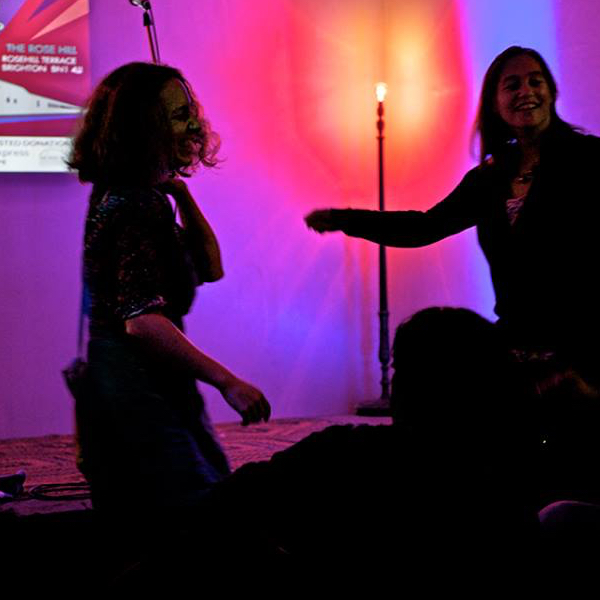



We at CEE are unique, as far as we know, but we’d rather
not be. Running the UK’s only pro-European club night,
we’re faced with a question: where is everybody else?
And our slogan, ‘Because we’re still European’, poses a
bigger question: How should we all go about being
European?
If more of us had worked that out, either side of the Channel, we wouldn’t be in the state we’re in now.
Plenty of people on this side of the Channel have been campaigning against Brexit, of course. That’s where they are. But being against Brexit is only one aspect of being for Europe. We are still European whether we are in the EU or not. People can be part of a European community wherever they are in Europe. And they need to be, for Europe’s sake. Brexit is only one of Europe’s problems, and it’s certainly not the biggest.
The underlying problem is that of feeling European. What is it that can make people in, say, Finland or Brittany feel that they are part of a community that includes people in Portugal or Transylvania? For some of us there is the European idea, the vision of a continent rising above its history and creating new ways to live together. But an idea is not enough. In the absence of any other obvious answers, people regard being European as an institutional relationship – the citizenship inscribed on the front of the passport, issued in the name of an institution that is much better at attracting complaint than at inspiring a sense of belonging.
Although critics never seem to tire of cataloguing the EU’s democratic deficits, they appear indifferent to an equally fundamental lack: the absence of a vigorous European civil society, a network of associations connecting Europe at the grass roots, from Iberia to the Baltic, Ireland to the Balkans. Such a network would enable a Europe of communities to come into being: a Europe growing up from below, meeting the one organised from the top down. Such a Europe would have a resilience and a sense of itself that the actually-existing Europe conspicuously lacks.
It’s another dream, of course. Most local groups don’t have sufficiently compelling and practical reasons to form trans-European networks. But some do – especially ones with political or social aims, such as the abortion rights activists from Ireland and Poland whom we brought together at our club night in May. Connected together they could make a real difference to Europe’s political landscape.
Sometimes that might be through a shared sense of identity. It desperately needs to be given voice. How many times did you hear anybody say ‘we Europeans’ during the Brexit referendum campaign, or since?
Much of the time it would simply be through mutual support, its basis the understanding that somebody else cares about what you’re having to deal with, even if they don’t have to deal with it themselves. If Britons feel they could do with support from fellow Europeans over Brexit, they should surely reach out to show sympathy for Europeans in other countries who are facing threats, some of them far more ominous and chilling than the prospect of leaving the EU.
At CEE we’ve reached out to people across Europe on each of our club nights, via video, making connections in a dozen countries. Those connections are fleeting, to be sure, and symbolic, but they suggest the possibility of making links that can grow and last. Our Skype reach-outs are appropriate for our events, in a former local Brighton pub, but there are any number of other ways for different kinds of groups, projects and individuals to help weave Europe together; person to person, group to group, community to community. We all should have worked that out a long time ago. Now it’s more important than ever.
Marek Kohn
These are personal views, not a CEE
editorial.
More perspectives:
A stark warning from Natalie Nougayrède about the threat to Europe from the nationalist right.
European Alternatives, a project calling for ‘a transnational renovation of our political imaginations, institutions and actions’.
Pulse of Europe, which has a vision of ‘a genuine European community, a European civil society, carried by mutual solidarity, connectedness and mutual genuine interest.’